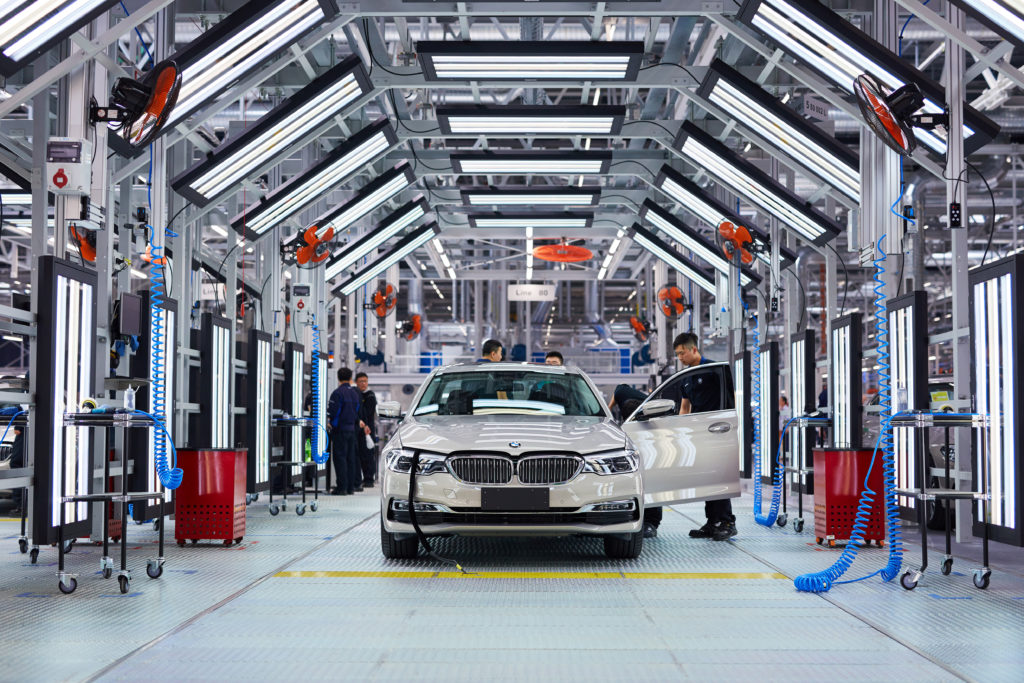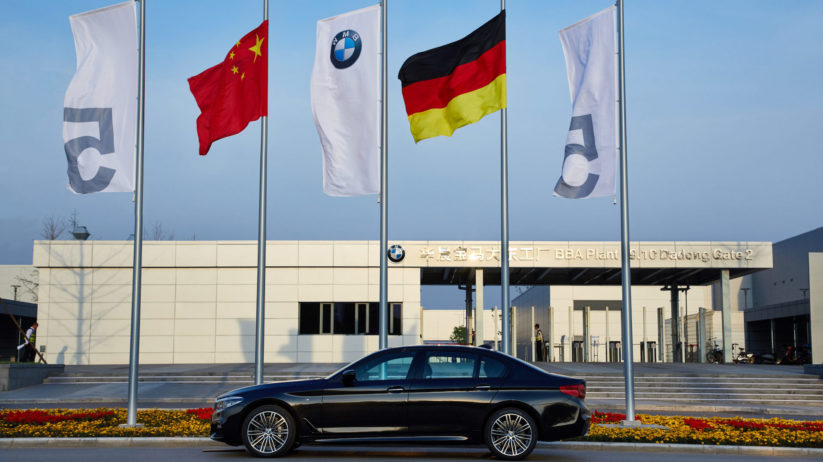According to a recent article by BMWBlog, despite the growing coronavirus outbreak and the effective shuttering of the global economy, BMW plans to continue its investments and projects in China. The news comes from the BMW Group’s regional China CEO, Jochen Goller, who was quoted as saying, “All of our investments we committed (in China) will continue, and we are actually discussing investing more in China in the future. So China will remain our most important market worldwide.”
The development is not particularly surprising, as China is currently the world’s largest national auto market. The country is also BMW’s largest national auto market, and the company currently builds vehicles locally at a large manufacturing complex that it operates with Brilliance in Shenyang. BMW is also working with Chinese automaker Great Wall to build additional production capacity, but with smaller front-drive platforms.
China, the country in which the novel human coronavirus outbreak originated, has been facing numerous hurdles as it attempts to restart the largest manufacturing base, and the second largest economy on a global scale. Although American and European satellites monitoring global emissions have observed pollution returning to the atmosphere above China once again, the manufacturing-focused economy is now facing a subsequent demand shock that is causing factories, which are just now returning to full staff and production, to face severe shortfalls in orders. It’s all part of what the global economy is currently embroiled in, with entire countries and places like the U.S., India, and Europe all issuing varying lockdown orders to stem the spread of the new virus.
As we’ve explained previously, the global economy is currently facing simultaneous demand and supply shocks. As people are asked to stay home, and factories are shuttered, both demand for everything from new cars to a night out at a nice restaurant, and production capacity (supply) are falling at a pace the world has never before witnessed. China, which accounts for roughly 25% of the world’s manufacturing output, is already feeling the effects of reduced human activity, and unemployment numbers in the U.S. are showing an integrally linked but different side of how the outbreak is having a profound influence on our behavior.
Although BMW operates a global decentralized production network with factories in places like Europe, the U.S., China, South America, South Africa, and elsewhere, other companies are coming to realize the vulnerability associated with concentrating manufacturing operations in one country. Whether or not this will lead to some firms reconsidering Europe or the U.S. for production on a broad scale remains to be seen, but a growing distrust of China’s handling of the outbreak before it breached the country’s borders is driving speculation.—Alex Tock

[Photos courtesy BMW AG.]





















